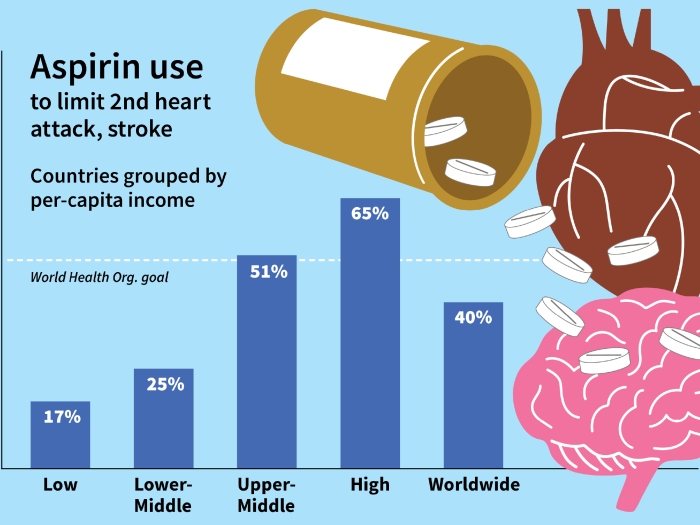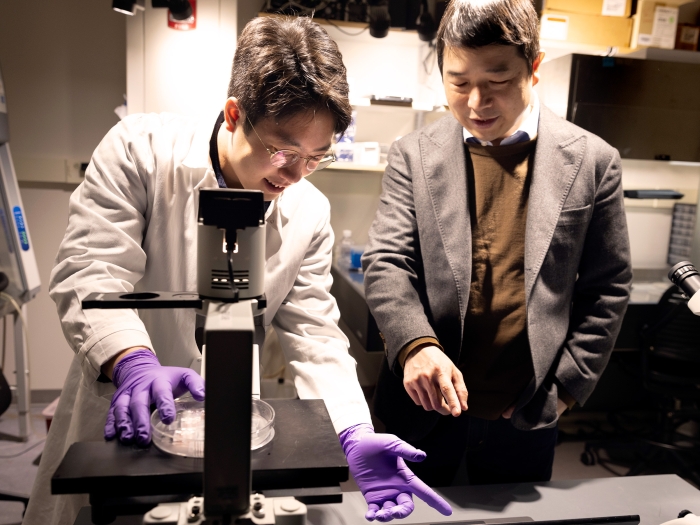When tested in mice, psoriasis became more severe when more interferon kappa was present.
12:55 PM
Author |

Results from a Michigan Medicine study reveal that targeting a protein found in the skin may reduce the severity of psoriasis.
Interferons play a major role in activating the body's response to viral threats, but they have also been detected in the lesions of many psoriasis patients at abnormal levels. Psoriasis is an autoimmune disease that causes overproduction of skin cells and impacts nearly 30 million people in the world.
Using a model that mimics psoriasis in mice, researchers found that changing the levels of interferon kappa, a protein made by skin cells, altered the severity of inflammation and production of cell signaling molecules, called cytokines, that induce inflammation characteristic of psoriasis. Investigators found more psoriasis-like inflammation when more interferon kappa was present, while decreasing interferon kappa levels reduced disease.
Like Podcasts? Add the Michigan Medicine News Break on iTunes, Google Podcasts or anywhere you listen to podcasts.
The findings, published in the Journal of Investigative Dermatology, suggest using therapies to modulate interferon states may limit inflammation in psoriasis patients.
"We've known that psoriatic inflammation is marked by interferon-related gene expression, but how interferons alter the severity of the disease has not been clear," said J. Michelle Kahlenberg, M.D., Ph.D., associate professor of rheumatology at Michigan Medicine and senior author of the paper. "Understanding how interferon kappa may modulate psoriasis brings us one step closer to optimizing our treatments."
Understanding how interferon kappa may modulate psoriasis brings us one step closer to optimizing our treatments.J. Michelle Kahlenberg, M.D., Ph.D.
The research team induced psoriasis in mouse models, splitting them into groups with interferon kappa at low, normal or elevated levels. The overexpressed protein alone didn't induce the disease, but it primed the skin for the inflammatory response that followed.
"This work shows how the context of the skin environment can shape inflammatory responses." said Mehrnaz Gharaee-Kermani, DVM, M.P.H., Ph.D., lead author of the study and a senior research lab specialist at Michigan Medicine. "It will be exciting to see how this can be applied in clinic."
SEE ALSO: Genetic Prediction Model Helps Identify Arthritis Risk in Psoriasis Patients
The research team is conducting further studies to understand the role of interferon kappa in psoriasis patients through their Taubman Institute-sponsored study at Michigan Medicine and in partnership with Johann E. Gudhonsson, M.D., Ph.D., receiving funding through the National Psoriasis Foundation. Several treatments are used against the disease, but there is no cure.
A few current psoriasis drugs inhibit interferons, but many that are more specific are still in the trial phase. Coupled with the study's findings, personalized medicine will be paramount as physicians attempt to treat this disease, Kahlenberg said.
"Until now, treatments have been tested by studying a drug in hundreds of patients, lumping the average of them all together and targeting the average of those patients," Kahlenberg said. "As any patient who has been on these medications will tell you, this trial–and-error approach wastes patient time and money trying to get control of the disease. Understanding a patient's background level of interferon might help us target things within that person to make their disease better faster and stay in remission."
MORE FROM THE LAB: Subscribe to our weekly newsletter
Paper cited: "Interferon Kappa is a Rheostat for Development of Psoriasiform Inflammation," Journal of Investigative Dermatology. DOI: 0.1016/j.jid.2021.05.029

Explore a variety of healthcare news & stories by visiting the Health Lab home page for more articles.

Department of Communication at Michigan Medicine
Want top health & research news weekly? Sign up for Health Lab’s newsletters today!





